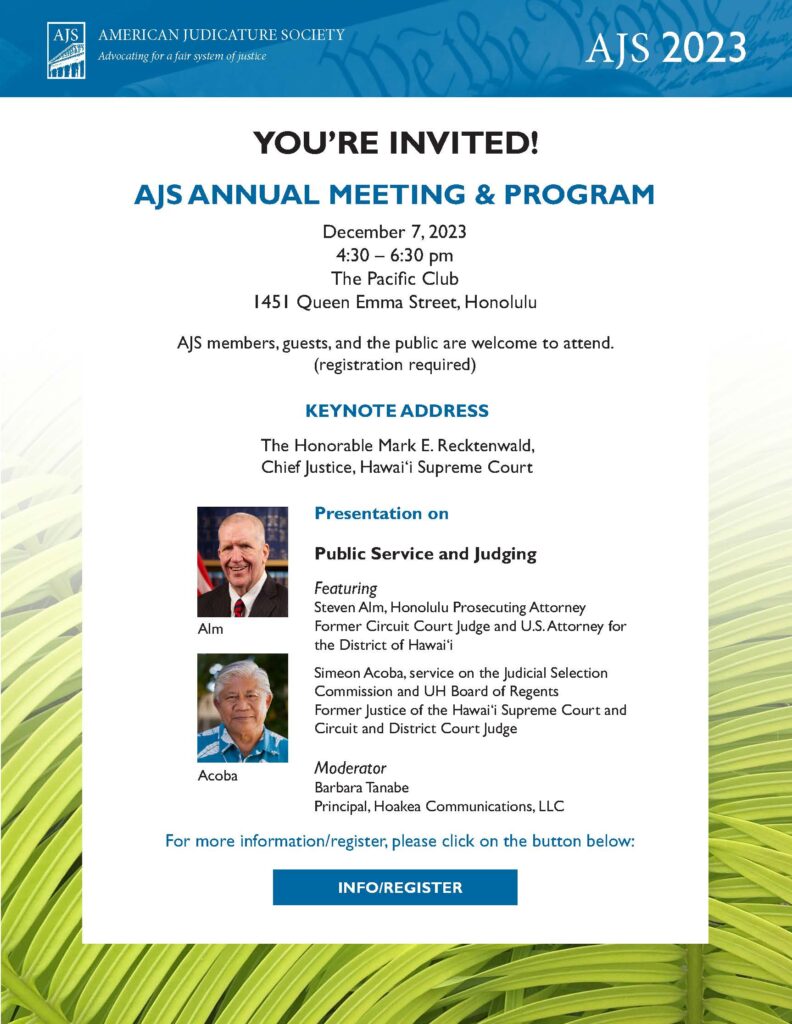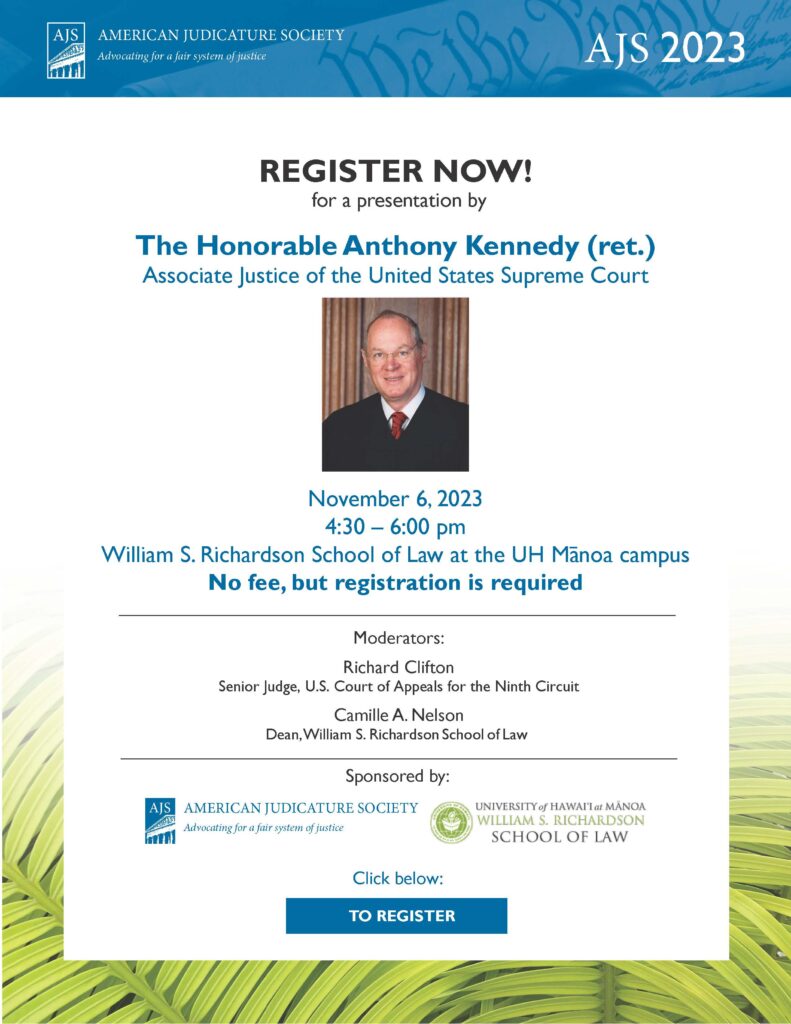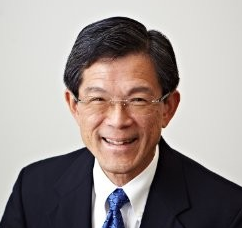Threats and attacks have become an everyday occurrence in our country, a terrifying fact of life we have to deal with. Public officials, and especially judges across our country, are not immune from this unfortunate situation.
The AJS Committee on Judicial Administration just released its report, Securing Justice: Protecting Personal Information of Hawai`i’s Judges. The report:
“ . . . details the mounting threat to the judiciary, the growing nationwide movement to protect judges, and Hawaiʻi’s recent unsuccessful effort to protect its judges. Included with the report is a draft bill that prohibits state and local government agencies from publicly posting the personal information of judges or their families upon receiving a written request. The draft bill also prohibits other persons or organizations from posting or otherwise making such information publicly available. The draft bill specifically excepts from its restrictions the posting of information on matters of public concern.
“This bill should be introduced and enacted during the next legislative session to protect the personal information of Hawaiʻi judges and to preserve the proper functioning of the judicial branch. Immediate action is needed.”
The Committee’s report is available on the AJS website. We invite you to read it for more information on the importance of protecting the personal information of Hawai`i judges and justices.
Thank you to the AJS Committee on Judicial Administration for their excellent work on this timely subject:
- Co-chairs Ted N. Pettit and the Honorable J. Michael Seabright.
- Committee members: Troy J.H. Andrade, the Honorable Richard R. Clifton, the Honorable Hilary B. Gangnes (ret.), the Honorable Lisa M. Ginoza, David M. Louie, Rodney A. Maile, the Honorable Kenneth J. Mansfield, George Miller, Tiare Nakata, Randy Perreira, and Steven K. Uejio.




